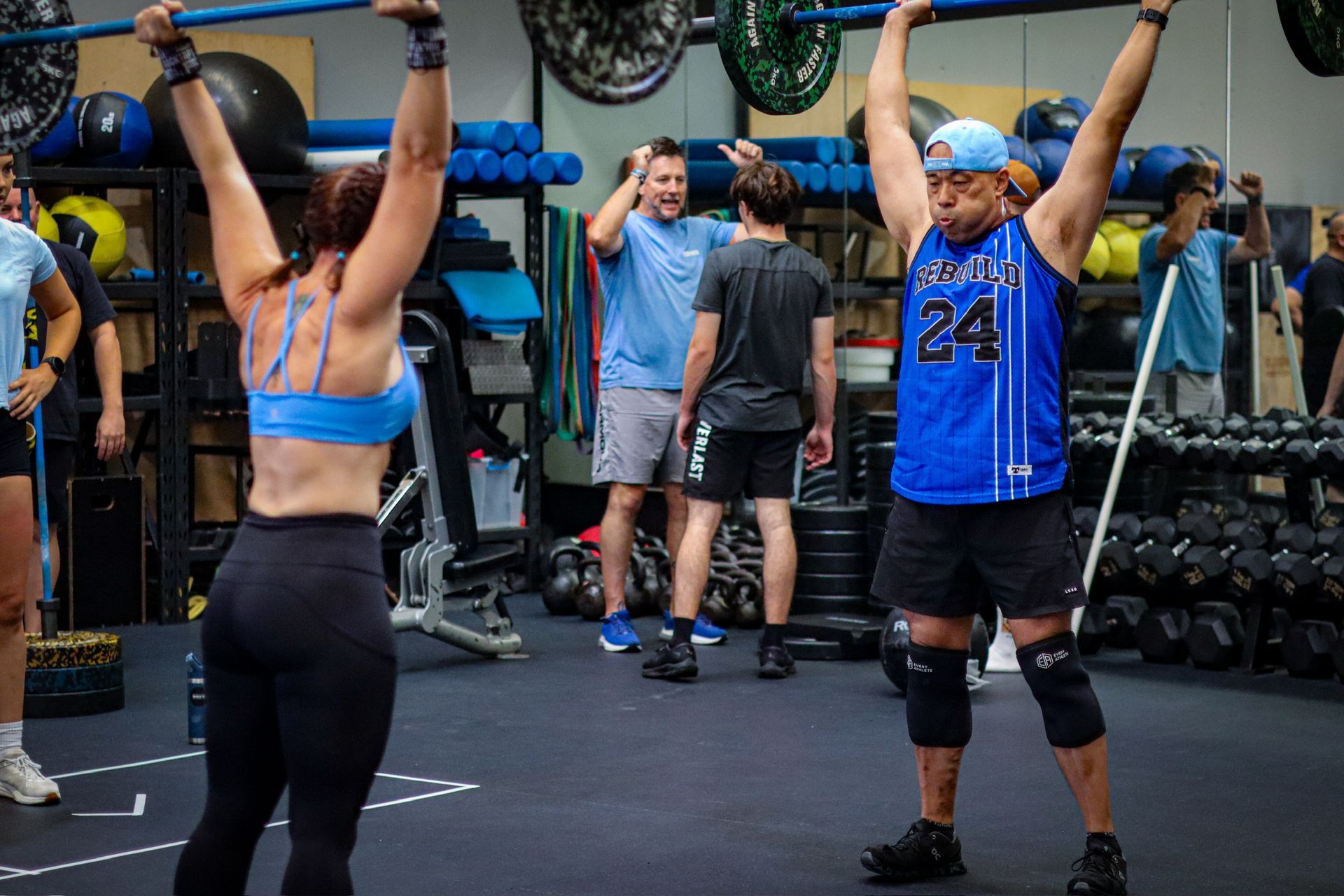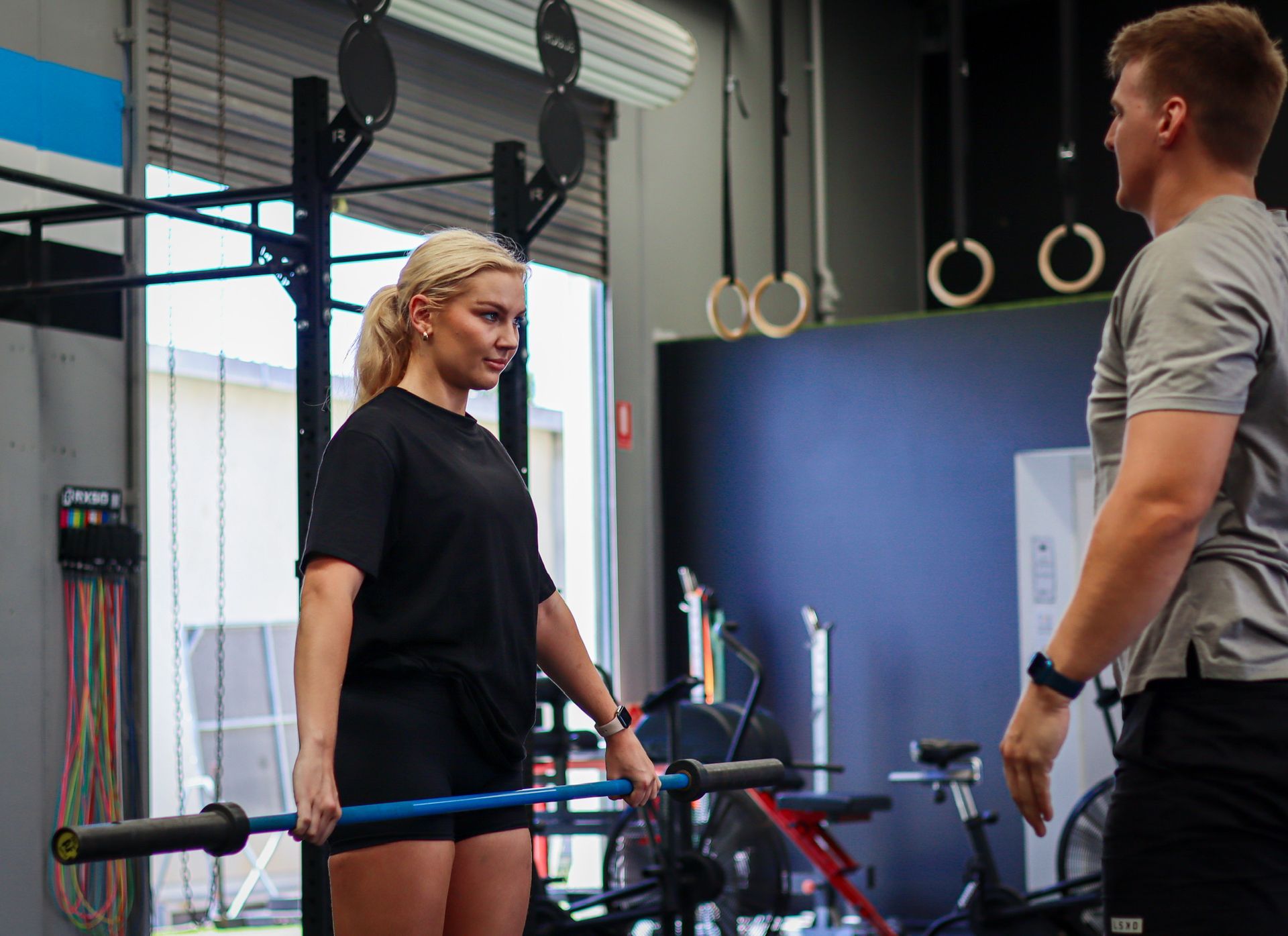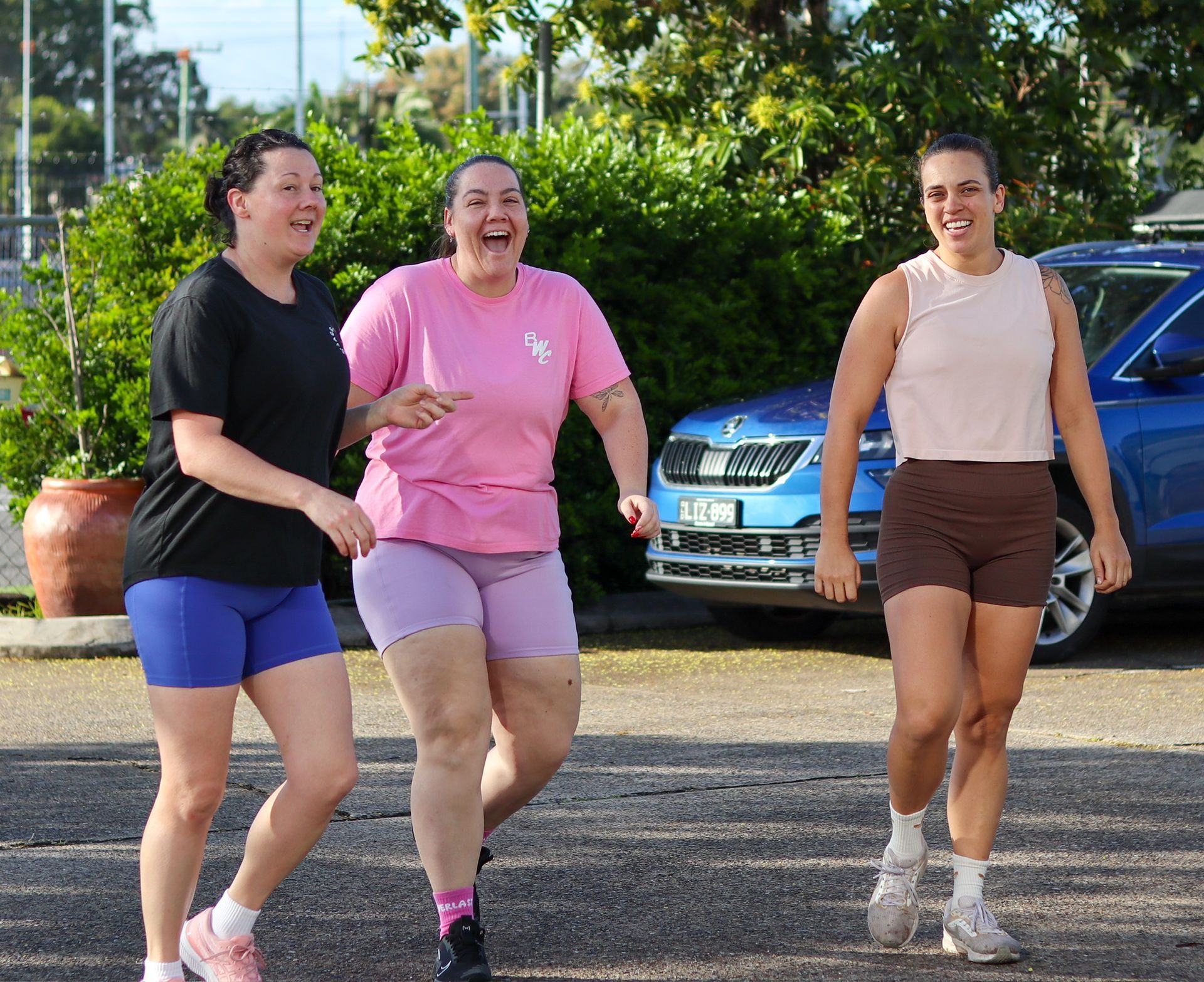From Hating Running To Representing Australia & Running 120km Ultra Marathons: Meagan Brown
As a world trail running competitor, ultra-marathon runner and someone who has represented Australia on the world stage, it’s something of a surprise to know that Meagan Brown hated running when she started out. Her first memory of running a marathon was at the Gold Coast Half Marathon, which she hated, to say the least. “I ran it in 2 hours 20 mins, I got to 17K and walked the rest and thought I never have to do this ever again,” confesses Brown.Coming from an army background, Brown moved around the country a fair bit, but what remained constant was her participation in sports. Basketball, tennis, netball, badminton – sports she showed much interest in while in school, however, it was tee ball and softball that she was mainly involved in throughout primary and high school.That being said, what comes as a shocker is the list of marathon Meagan boasts to have run since then. She says, “I’ve done 22 ultra-marathons, six 50Ks, nine 100Ks, a couple of 85Ks, and a 75k. My longest was a 120K which was in Italy.” Discovering trekking While she credits her interest in the field to having felt lost and being unable to find her identity, it’s no lie that she went to great heights, literally, in search of something that may spark joy inside her – that is when she found trekking as her escape.Meagan says, “I randomly decided to go on a hike, so I signed up by myself, packed my bags and left. I was the only person on the trek; so, it was me, the trek leader, and the porters. It was 96kms and you had six days, so you hike in the morning and most of the day and then set up camp in the evening.”'We were in one village, I was sitting there and looking out and there was some smoke from other villages and I had this feeling it was so overwhelming, like I was doing exactly what I was supposed to be doing. As if this is where I needed to be in life. I kept thinking, ‘How do I do more of this?’, ‘How do I get this feeling?’ So, when I came back, I knew I needed to be out in the trails. And yeah, I loved it. It changed the trajectory of my life, ever since I came back, I’ve just been wanting to feel that again,” she added.Prepping for racesHowever, it’s not all fun and games when you’re involved in a sport that’s as physically demanding as trail running is. Prepping for ultra-marathons means running and hiking for as much as five hours at a time, making sure you’re well hydrated and consuming enough to be able to power-through. Despite this, some tracks do get the better of you. One challenging track was Meagan’s second ultra-marathon which was 75kms and at an elevation of 4,500ft. “It’s classified as a sky run which is a really steep run. I didn't even know what it would be like, I just saw it’s teaser and thought how cool it looked and how much fun it would be.”'I was chasing the cut offs all day and I was just crying. I didn't think there could be trails that steep. Towards the end, my headlights went out, I didn't even have extra batteries or lights; I’d come so unprepared. I just sat there waiting for someone to come to where I was so I could complete the rest with them. I think I took 16 hours on that run,” says Meagan. Seven years later, in 2021, she went on to complete the same ultra-marathon and came out winning the race; resilience at its best.Meagan's best race Speaking of her best race which also brought in an uncomfortable surprise, was at the World Mountain Running Championship, held in Patagonia, which was a 42K run and had 4000m of climbing. “It was such an honour when I was told I got selected for the Australian mountain running team,” says Meagan. Soon after though, when she started to find her rhythm, upon reaching the 9K checkpoint, she hurt her ankle. “My heart sank and all I could think of was ‘I’m here representing my country, I don’t even know if I’ll get this chance again and I've rolled my ankle',” she shares.“I don't condone running through an injury, but I kept running through mine. I could pull out of the race, but I didn't want to pull out from such an event which we’d get joint points for too, as a team. I just tried to disconnect, which I wouldn't say is a good thing. But it was so amazing, it gave me the kick to be a fast runner, but I also got a shocker in the form of my injury,” Meagan adds.The importance of recovery We’ve previously shed light on athletes’ recovery process and how it’s just as important as training is; her views are no different. “I love recovery. I took a week off after the Gold Coast Marathon. If you want to perform really well, you need to rest and recover and let your body take in all the work that you're doing. I love sleeping too, I probably sleep nine hours a night. My Sundays are for pizzas and ice cream, so year, sleeping and eating - I love it,” she confessed.Meagan shares some tips for aspiring runners. “Don’t worry about distance, just focus on time. You could do 3 minutes of running and then walk for a minute, or 3 minutes of running and walk for 2 minutes. I used to do pole to pole, so I’d run till one pole, then walk till the next one and so on. One day I ended up running 4K into the city and realised I’d now have to walk back the whole way back. 'Consistency is also key, just try to get a rhythm going for yourself and stick to it,” she shares.Tune in to the podcast to learn more about trail running, and hear from Meagan.
Previous Blogs




